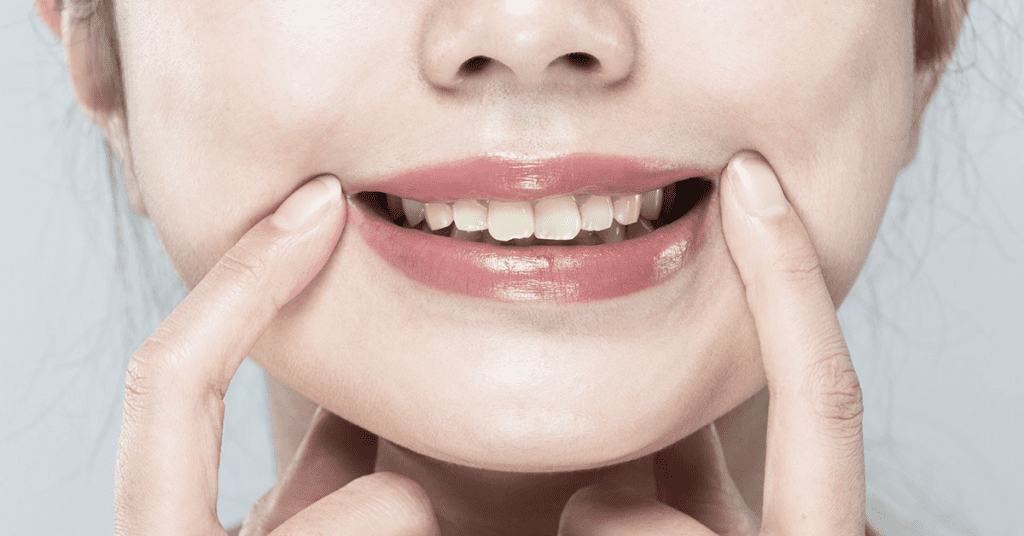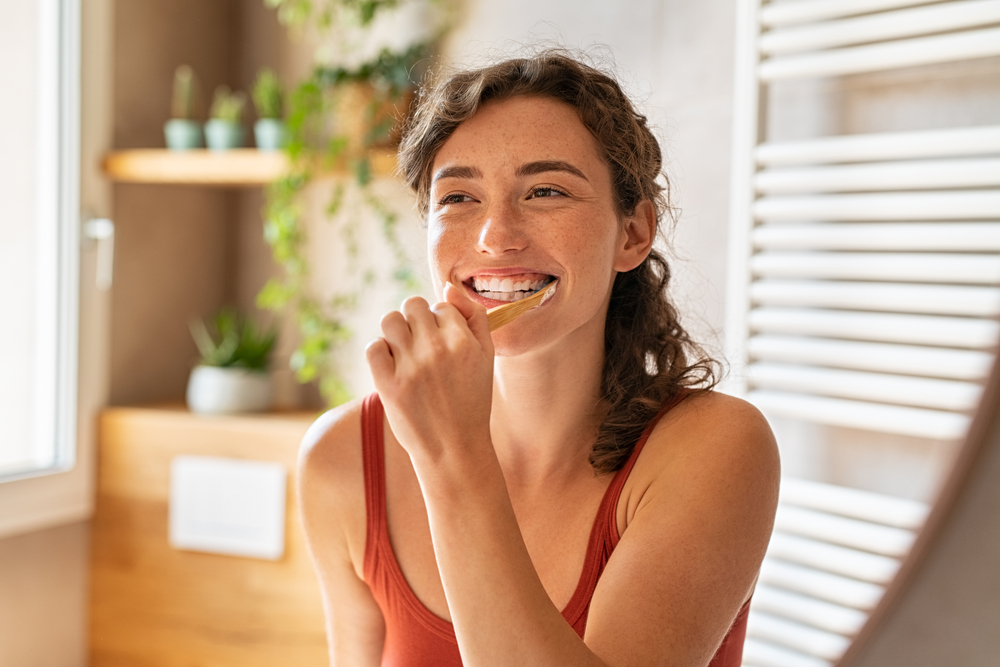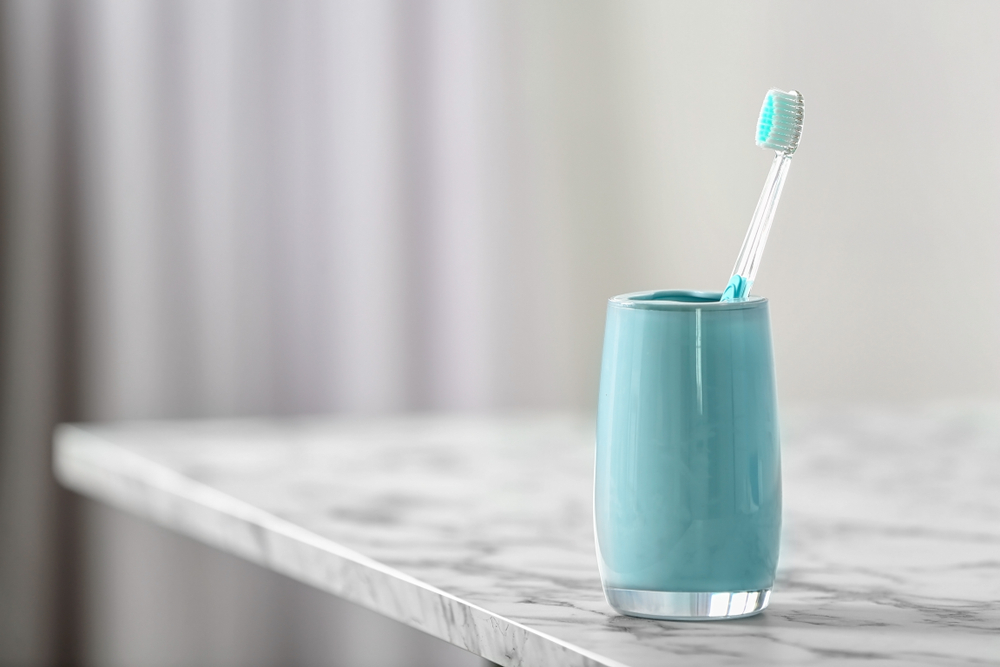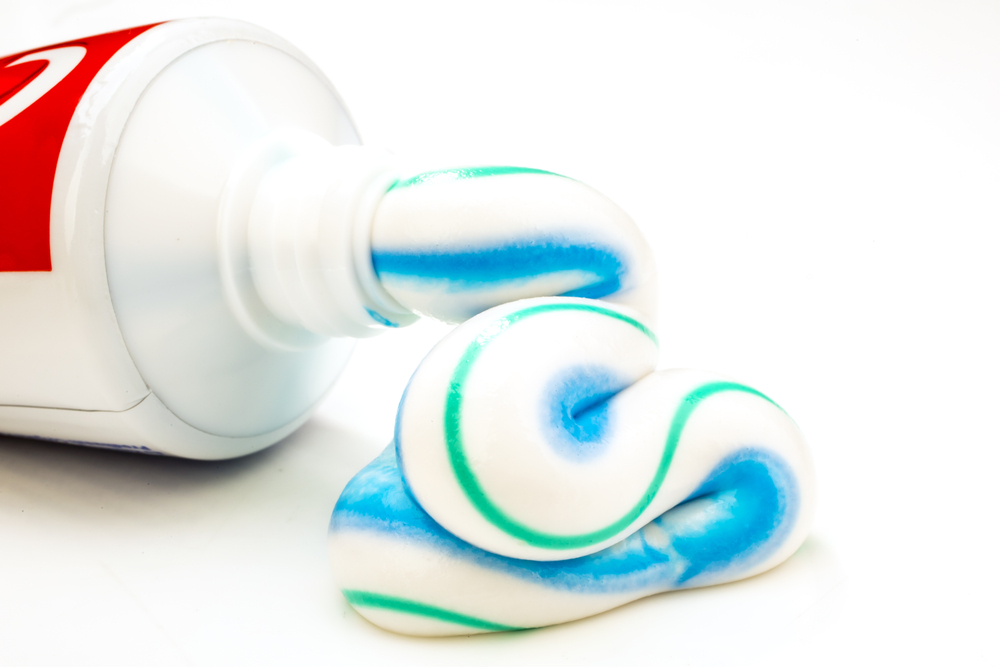Having bright, white teeth is often a hallmark of good oral hygiene and a healthy smile. Yet, despite our best efforts, many struggle to maintain that natural whiteness. What’s the culprit behind yellowing teeth? Surprisingly, a common mistake in our brushing routine could be the main factor. Let’s explore the reasons behind yellow teeth and how you can avoid this mistake to keep your smile radiant.
Common Teeth-Brushing Mistakes That Cause Yellowing

According to Dr. Ferakh Hamid, a seasoned dentist with over 20 years of experience, one of the biggest blunders people make during their oral care routine contributes to yellowing teeth. This mistake revolves around how and when we brush our teeth. By understanding these pitfalls, you can take significant strides toward achieving a brighter, whiter smile.
The Importance of Wetting Your Toothbrush
One crucial aspect many overlook is wetting the toothbrush before applying toothpaste. Many individuals tend to brush with a dry brush, which can lead to less effective cleaning. Dr. Hamid emphasizes that wetting the bristles before applying toothpaste helps the paste spread more effectively, enhancing its cleaning power.
“Dry brushing might seem like a quick fix for surface stains, but without water, toothpaste doesn’t distribute well,” explains Dr. Hamid. “When you wet the bristles, they soften up, making brushing gentler on your gums and teeth, which helps prevent irritation and damage.”
By adopting this simple habit, you not only improve your brushing technique but also protect your enamel and gums, paving the way for a healthier smile.
Timing Matters: Post-Acidic Foods and Toothbrush Use

Another common mistake is brushing immediately after consuming acidic foods or drinks. Think about it: when you enjoy that fizzy drink or a slice of citrus, the acids weaken your tooth enamel, the protective layer of your teeth. Brushing right away can exacerbate this, leading to further enamel erosion.
Dr. Ezzard Rolle from Columbia University advises waiting at least 30 minutes after consuming anything acidic before brushing. “When acids are present in the mouth, they weaken the enamel. Brushing too soon can cause more harm than good,” he notes. This simple timing adjustment can make a significant difference in preserving your teeth’s health and color.
Ten Factors That Contribute to Yellowing Teeth

Now that we’ve tackled the brushing mistakes, let’s explore other reasons your teeth may be losing their luster:
- Poor Oral Hygiene Habits: Inconsistent brushing and flossing lead to plaque buildup and discoloration.
- Highly Pigmented Foods and Drinks: Coffee, tea, and red wine can stain your teeth over time.
- Tobacco Use: Smoking or chewing tobacco introduces stains and yellowing.
- Aging: Natural wear and tear of enamel can expose the yellowish dentin underneath.
- Certain Medications: Some antibiotics and antihistamines may lead to discoloration.
- Teeth Grinding: Clenching can wear down enamel, revealing yellower layers.
- Excessive Fluoride Intake: Too much fluoride during childhood can cause discoloration.
- Genetics: Family history can play a role in tooth color and health.
- Trauma to the Teeth: Injuries can lead to discoloration and changes in tooth structure.
- Medical Conditions: Treatments like chemotherapy can affect your teeth’s appearance.
Identifying the underlying causes of yellowing is crucial for finding effective solutions. Consult your dentist to tailor the best whitening method for your specific situation.
Effective Home Remedies for Whiter Teeth

While professional whitening treatments are available, there are also effective at-home methods to brighten your smile. Here are some natural options to consider:
- Whitening Toothpaste: Choose a toothpaste specifically designed to combat surface stains and promote whitening.
- Oil Pulling: Swish coconut or sesame oil in your mouth for 10-15 minutes to help remove bacteria and stains.
- Baking Soda: Create a gentle paste with baking soda and water to scrub away surface stains naturally.
- Hydrogen Peroxide: Dilute hydrogen peroxide with water for a mouthwash or mix it with baking soda for a whitening paste. Use it sparingly and avoid swallowing.
- Limit Staining Foods and Drinks: Reducing your intake of coffee, tea, red wine, and dark sauces can help maintain your teeth’s brightness.

Maintaining a bright and white smile significantly boosts our confidence and overall appearance. By avoiding common brushing mistakes—like neglecting to wet your toothbrush and brushing immediately after acidic foods—you can prevent yellowing teeth.
Additionally, understanding the various factors that contribute to discoloration and exploring effective home remedies can further support your journey to a whiter smile. Always remember to consult with your dentist for personalized advice and guidance on maintaining optimal oral health. With these strategies, you can unlock a radiant smile that reflects your best self!


